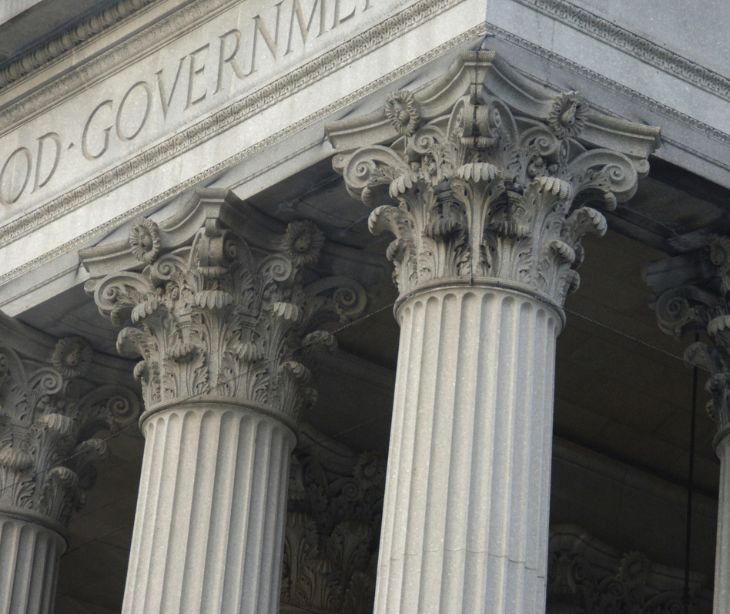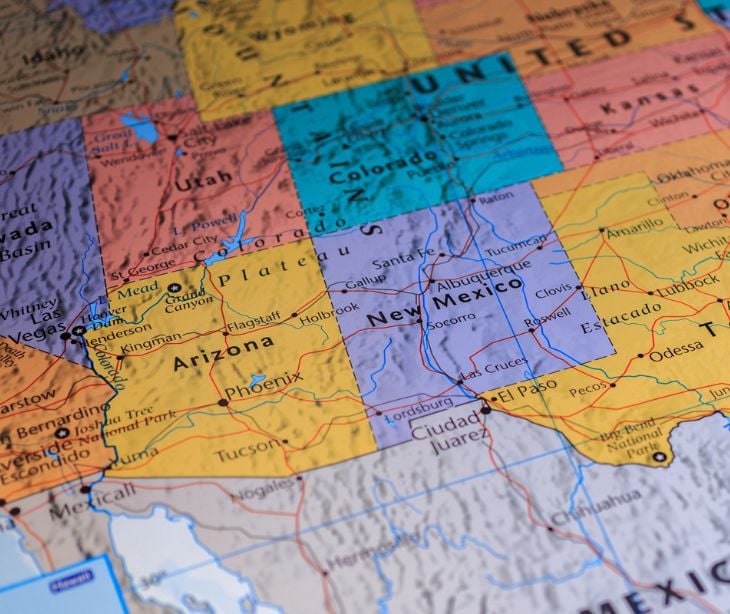
Healthcare providers must comply with federal regulations, including the Office of Inspector General for the United States Department of Health and Human Services (HHS OIG) federal exclusions. These exclusions are sanctions imposed on individuals and organizations that have violated specific clauses in §1128 of the Social Security Act.
Being excluded means that an individual or organization is prohibited from participating in any federal healthcare program or providing goods and services to healthcare providers that participate in such programs.
Reasons for exclusion
There are various reasons why an individual or organization may be excluded from federal healthcare programs according to the HHS OIG Special Advisory Bulletin. Some of these reasons include:
- Conviction of a criminal offense related to Title XVIII of the Social Security Act or a state health care program.
- Conviction of a criminal offense relating to patient abuse or neglect under federal or state law.
- Conviction of an offense related to healthcare fraud or other healthcare-related financial misconduct.
- Conviction of an offense related to the unlawful manufacture, distribution, prescription, or dispensing of controlled substances.
- Conviction of obstructing an investigation or audit into any of the above offenses or the use of funds received from a federal health care program.
- Revocation, suspension, or surrender of a license to provide health care due to a lack of competence, performance, or integrity.
- Exclusion or suspension from a non-HHS federal health program or state health care program.
- Failure to provide or disclose healthcare-related information when requested by an HHS agency or state healthcare program.
- Making false statements or misrepresenting material facts to qualify for participation in a federal health care program.
- Knowingly misclassifying outpatient drugs to affect pricing, product information, or related data.
Healthcare providers need to understand the potential consequences of these offenses and take necessary precautions to avoid engaging with excluded individuals or organizations.
Length of exclusion
An exclusion's length depends on the offense's nature and seriousness. For example, HHS OIG federal exclusions for controlled substance offenses can last for a minimum of five years or three years, depending on whether the conviction was for a felony or misdemeanor offense.
In some cases, no minimum exclusion period is specified, such as when making false statements. On the other hand, when licenses are revoked or suspended, the exclusion can last as long as the revocation or suspension.
Mandatory and permissive exclusions
Exclusions can be categorized as either mandatory or permissive. Mandatory exclusions always carry a minimum exclusion penalty of five years for a first offense, ten years for a second offense, and permanent exclusion for a third offense.
On the other hand, permissive exclusions are discretionary, and individuals and organizations have the right to appeal against exclusion.
Sanctions for healthcare providers
To ensure that excluded entities do not provide goods or services to healthcare providers participating in federal healthcare programs, the HHS OIG has the authority to sanction healthcare providers that contract with excluded individuals or organizations.
These sanctions can have significant financial implications. The HHS OIG can issue a civil monetary penalty of up to $20,000 for each service or item claimed from a federal health care program. The healthcare provider could also be added to the HHS OIG federal exclusions list in extreme cases.
Read more: What are sanction policies?
Screening for HHS OIG federal exclusions
Healthcare providers should conduct thorough screenings before engaging with potential employees or business associates to mitigate the risk of contracting with excluded individuals or organizations.
Healthcare providers can screen for HHS OIG federal exclusions by checking the List of Excluded Individuals/Entities (LEIE) database on the HHS OIG website. This monthly database includes information on individuals and organizations excluded from federal healthcare programs.
Understand your liability
Healthcare providers must understand their liability when it comes to checking for exclusions. Section §1128 of the Social Security Act includes "know or should know" in many clauses. This implies that ignorance of the HHS OIG federal exclusions list is not a justifiable defense if HHS OIG investigates a healthcare provider for contracting goods or services from an excluded individual or organization. Therefore, healthcare providers must stay informed and regularly screen for exclusions to mitigate the risk of penalties.
FAQs
What is a federal exclusion by the HHS OIG?
Federal exclusions are actions taken by the U.S. Department of Health and Human Services Office of Inspector General (HHS OIG) to prohibit individuals or entities from participating in federal health care programs, such as Medicare and Medicaid, due to certain legal or regulatory violations.
What are the common reasons for being excluded from federal health care programs?
Common reasons for exclusion include fraud, patient abuse or neglect, felony convictions related to health care fraud or controlled substances, and failing to comply with program requirements. Exclusions can also result from non-compliance with legal or regulatory standards.
How can I find out if an individual or entity is excluded from federal health care programs?
The HHS OIG maintains a list of excluded individuals and entities, which is available on their website through the List of Excluded Individuals/Entities (LEIE) database. You can search this database to verify whether someone is excluded.
What are the consequences of hiring or contracting with an excluded individual or entity?
Hiring or contracting with an excluded individual or entity can result in significant consequences, including civil monetary penalties, loss of federal program reimbursement, and legal action. It is crucial to perform due diligence to ensure that all employees and contractors are not excluded.
How can an individual or entity appeal an exclusion decision?
An individual or entity that has been excluded can appeal the decision by requesting a hearing before an administrative law judge (ALJ). The appeal process involves presenting evidence and arguments to contest the exclusion. The HHS OIG provides information on the appeal process and timelines in their exclusion notice.
Subscribe to Paubox Weekly
Every Friday we bring you the most important news from Paubox. Our aim is to make you smarter, faster.




